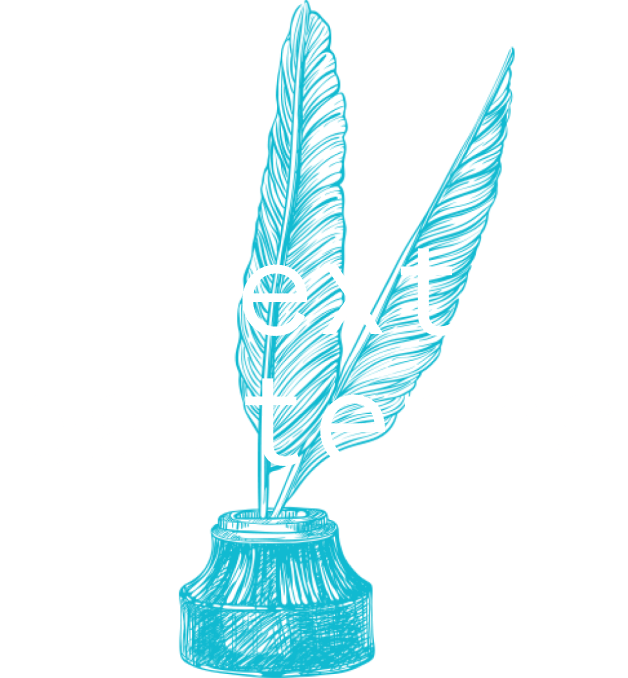November 16, 2013
to live and die in the Anthropocene
I’m not quite sure what to do with this essay by Roy Scranton on learning to live — or rather, learning to die — in the Anthropocene. The heart of the essay may be found in its concluding paragraphs: The biggest problem climate change poses isn’t how the Department of Defense should plan for resource wars, or how we should...


